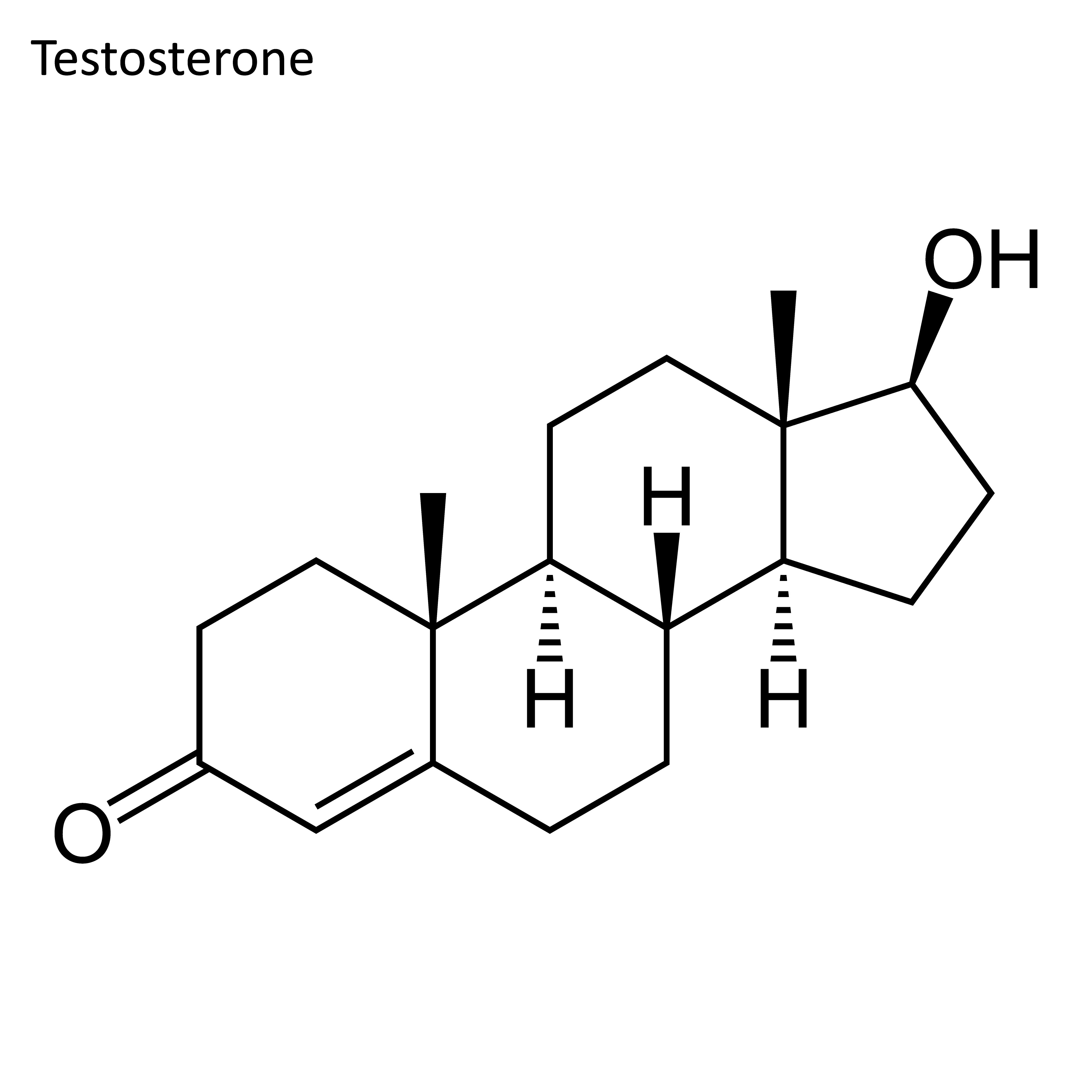
Many cancer patients suffer from a loss of body mass known as cachexia. Approximately 20 percent of cancer related deaths are attributed to the syndrome of cachexia, which in cancer patients is often characterized by a rapid or severe loss of fat and skeletal muscle. Dr. Melinda Sheffield-Moore, professor and head of the Department of Health and Kinesiology, along with researchers at University of Texas Medical Branch, recently published research in the Journal of Cachexia, Sarcopenia and Muscle showing that the hormone testosterone is effective at combatting cachexia in cancer patients and improving quality of life.
These findings are important, as there are currently no established therapies targeting this loss of skeletal muscle, and without an intervention, patients lose muscle function and become fatigued and weakened.
“We hoped to demonstrate these patients would go from not feeling well enough to even get out of bed to at least being able to have some basic quality of life that allows them to take care of themselves and receive therapy,” Dr. Sheffield-Moore said.
Dr. Sheffield-Moore said doctors sought her expertise in nutrition and metabolism when patients were losing tremendous amounts of weight from cancer cachexia. She said that previous nutrition-focused treatment failed to combat this severe loss of body mass, which led her team to investigate the hormone testosterone as an option to combat the often debilitating consequences of cancer cachexia.
“We already know that testosterone builds skeletal muscle in healthy individuals, so we tried using it in a population at a high risk of muscle loss, so these patients could maintain their strength and performance status to be able to receive standard cancer therapies.” Dr. Sheffield-Moore said.
During this five year National Cancer Institute funded study, patients with a type of cancer known as squamous cell carcinoma were treated with standard of care chemotherapy and/or radiation in addition to seven weeks of treatment with either testosterone or placebo. Throughout the study, patients were monitored for changes in physical activity, muscle and fat mass and tested for physical performance.
Patients in this study receiving testosterone maintained total body mass and increased lean body mass by 3.2 percent. Sustaining body mass is important considering most patients experience a 20 percent decrease in body mass or more depending upon the type of cancer.
“Patients randomized to the group receiving testosterone as an adjuvant to their standard of care chemotherapy and/or radiation treatment also demonstrated enhanced physical activity,” Dr. Sheffield-Moore said. “They felt well enough to get up and take care of some of their basic activities of daily living, like cooking, cleaning and bathing themselves.”
Additionally, Dr. Sheffield-Moore’s lab is currently analyzing skeletal muscle proteomic data from this study. “What the proteome [profile of proteins found in the muscle] tells us is which particular proteins in the skeletal muscles were either positively or negatively affected by testosterone or by cancer, respectively,” Dr. Sheffield-Moore said. “It allows us to begin to dig into the potential mechanisms behind cancer cachexia.”
Dr. Sheffield-Moore hopes this research will help cancer patients increase quality of life and maintain eligibility to receive standard of care therapy if cachexia ensues.




